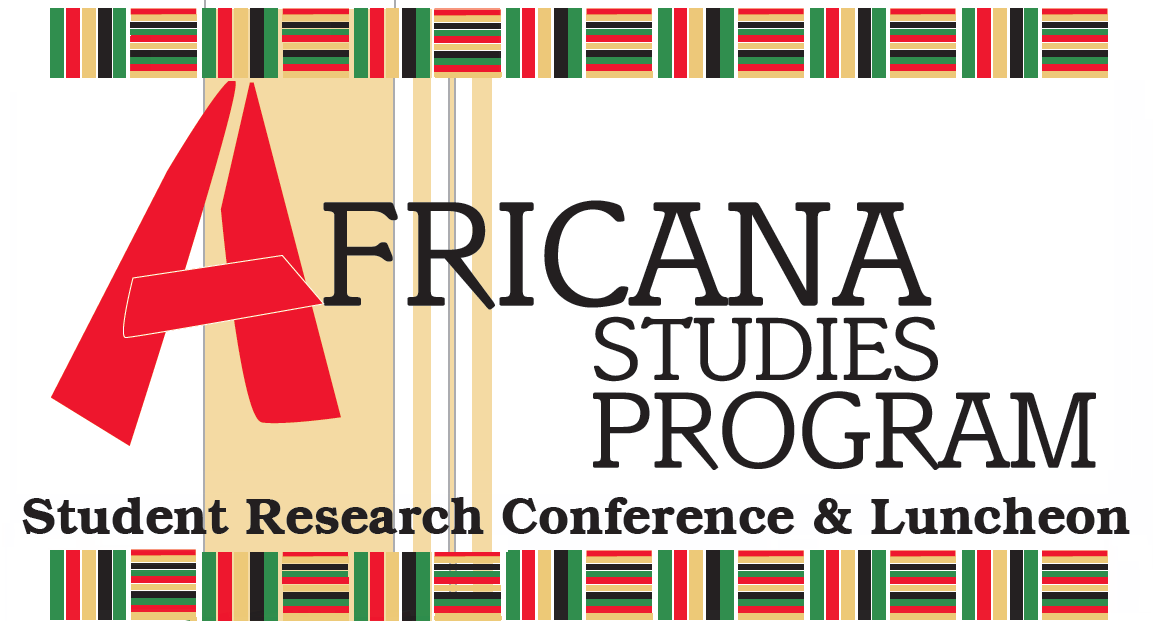Degree Program
Undergraduate
Major
Art History
Abstract
This paper addresses the Vohou-Vohou movement (1970s-1980s) in Cote d’Ivoire. Through an explanation of the region’s history, the paper brings to light the motivations of the movement and its founders. The work of Youssouf Bath, Théodore Koudougnon, and Kra Nguessan are the focus of this paper to represent the movement’s style, formation, and impact on Cote d’Ivoire culture. Vohou-Vohou developed a decade after Cote d’Ivoire gained independence from French colonial control, and the movement became an inward return to local culture. The artists had an interest in rejecting the West. A visual representation of the rejection is seen through Vohou-Vohou artists’ rejection of Western-based materials and mediums, instead favoring local materials such as dirt and other earthen substances. The materials and mediums forged the identity and intellectual underpinning of the group.
However, most of these artists were influenced by or studied in L’Ecole des Beaux-Arts, a prominent art school based in France, despite rejecting the West. The movement formed shortly after the newly trained artists returned from L’Ecole des Beaux-Arts to Cote d’Ivoire. Bath, Koudougnon, and Nguessan as the founders were three of the strongest artists and encouraging voices for the Vohou-Vohou movement. And due to their successes and those of other Vohou artists, the movement encouraged surrounding artists to empower and temper a collective artistic voice and style within the narratives of post-colonial identity construction. As the Vohou artists gained recognition in their own country, they began to gain global, especially Western, recognition as well. This paper analyzes their apparent rejection of the West, while paradoxically relying on it to educate and empower their own cultural voice.
Keywords: Vohou-Vohou, Cote d’Ivoire, Post-Colonial, Youssouf Bath, Théodore Koudougnon, Kra Nguessan
Start Date
24-2-2017 3:00 PM
End Date
24-2-2017 4:20 PM
Included in
Vohou-Vohou: A Search for Post-Colonial Cultural Identity in Cote d’Ivoire
This paper addresses the Vohou-Vohou movement (1970s-1980s) in Cote d’Ivoire. Through an explanation of the region’s history, the paper brings to light the motivations of the movement and its founders. The work of Youssouf Bath, Théodore Koudougnon, and Kra Nguessan are the focus of this paper to represent the movement’s style, formation, and impact on Cote d’Ivoire culture. Vohou-Vohou developed a decade after Cote d’Ivoire gained independence from French colonial control, and the movement became an inward return to local culture. The artists had an interest in rejecting the West. A visual representation of the rejection is seen through Vohou-Vohou artists’ rejection of Western-based materials and mediums, instead favoring local materials such as dirt and other earthen substances. The materials and mediums forged the identity and intellectual underpinning of the group.
However, most of these artists were influenced by or studied in L’Ecole des Beaux-Arts, a prominent art school based in France, despite rejecting the West. The movement formed shortly after the newly trained artists returned from L’Ecole des Beaux-Arts to Cote d’Ivoire. Bath, Koudougnon, and Nguessan as the founders were three of the strongest artists and encouraging voices for the Vohou-Vohou movement. And due to their successes and those of other Vohou artists, the movement encouraged surrounding artists to empower and temper a collective artistic voice and style within the narratives of post-colonial identity construction. As the Vohou artists gained recognition in their own country, they began to gain global, especially Western, recognition as well. This paper analyzes their apparent rejection of the West, while paradoxically relying on it to educate and empower their own cultural voice.
Keywords: Vohou-Vohou, Cote d’Ivoire, Post-Colonial, Youssouf Bath, Théodore Koudougnon, Kra Nguessan


